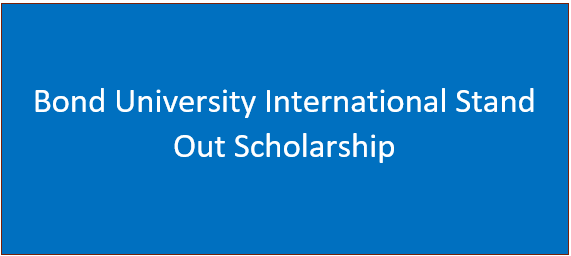In Nigeria, the recurring strikes by the Academic Staff Union of Universities (ASUU) have become a distressing reality for students pursuing higher education. These strikes, though often stemming from legitimate grievances, significantly disrupt academic calendars, leaving a lasting impact on students’ lives, mental health, career aspirations, and the nation’s educational landscape as a whole.
READ THIS –List Of Universities That Are NOT Under ASUU- Nigeria 2024/2025
Asuu Strike on Students in Nigeria: What You Need to Know
The Root Causes: ASUU Strikes
ASUU, a union representing academic staff in Nigerian universities, has historically gone on strike to demand better working conditions, improved infrastructure, enhanced funding for universities, and the implementation of previous agreements between the union and the government. The recurring nature of these strikes has triggered a cycle of disruption, leading to prolonged academic instability.
The Student Experience: Turmoil Amidst Learning
For students, an ASUU strike isn’t merely a pause in lectures; it’s a disruption to their academic progression, often resulting in extended program durations, delayed graduations, and a compromised quality of education. When universities shut down due to strikes, students face uncertainty, anxiety, and frustration. Some students even experience financial strain due to extended stays or unplanned expenses during the strike period.
Mental Health Toll: Anxiety and Uncertainty
The toll on students’ mental health during these strikes is profound. The uncertainty of when the strikes will end, coupled with the pressure to catch up on missed coursework, takes a significant toll on their well-being. Anxiety, stress, and feelings of helplessness become rampant, affecting students’ ability to focus on their studies even after the strike concludes.
Impact on Career Trajectories
Extended delays caused by ASUU strikes often derail students’ career plans. For those in their final years, delayed graduations mean postponed job searches or entry into the workforce. This delay can have ripple effects on the nation’s workforce development and economy, as a pool of talented graduates remains untapped due to circumstances beyond their control.
Disruption of Research and Innovation
Beyond academic schedules, these strikes impede research activities and innovation in Nigerian universities. Research projects, collaborations, and academic conferences are postponed or canceled, hindering the progress of vital research initiatives that could contribute to societal development.
Solutions and the Path Forward
Resolving the recurring ASUU strikes requires a collaborative effort between the government, university administrations, and the union. A sustained commitment to honoring agreements, providing adequate funding for education, and creating transparent negotiation processes is crucial to breaking this cycle of strikes.
Additionally, the integration of technology-enabled learning platforms during strike periods can help minimize disruptions to students’ education. Universities can explore online learning options, providing resources and support for students to continue their studies remotely during strike periods.
Undeniable 7 Proof That You Need How to Score High in JAMB 2024 UTME Exam
Conclusion:
Towards a Stable Educational Ecosystem
The effects of ASUU strikes on students in Nigeria are multifaceted and far-reaching. While the union’s demands for better educational standards are legitimate, the continuous disruption to students’ education remains a pressing concern. Sustainable solutions that prioritize the interests of both educators and students are imperative for fostering a stable and conducive learning environment.
Ultimately, a collaborative and proactive approach involving all stakeholders is essential to mitigate the adverse effects of ASUU strikes on students and chart a path toward a more robust, resilient, and sustainable educational ecosystem in Nigeria.
What are your thoughts on these strikes? Do you think there could be better ways to resolve these issues without disrupting students’ education?



